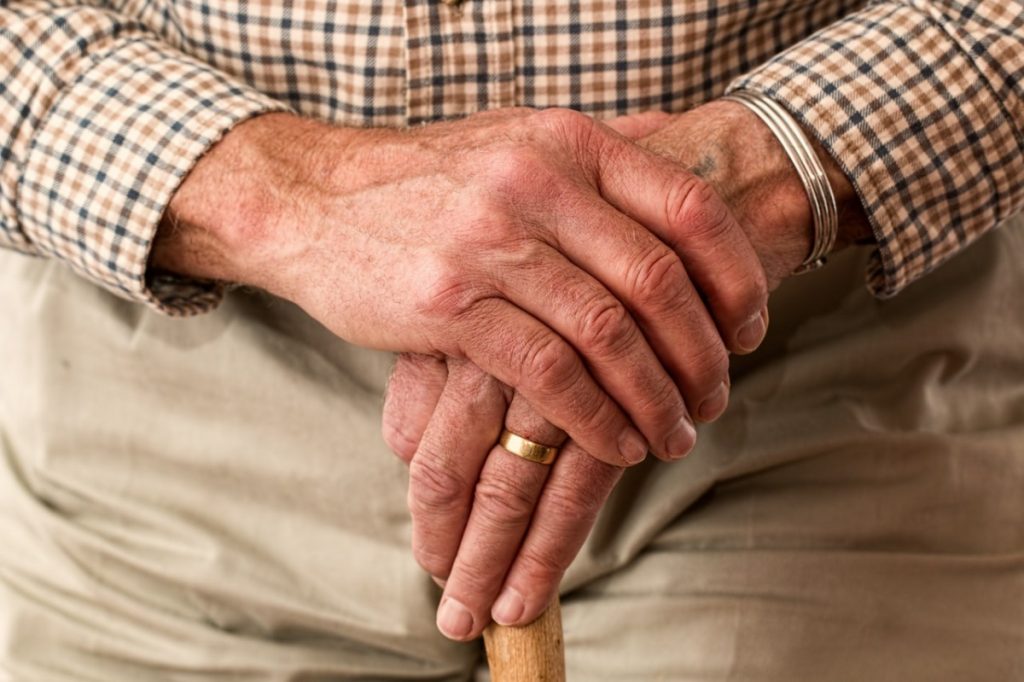Each day, thousands of seniors across the globe rely on in-home senior care to help them carry out everyday tasks such as preparing meals, bathing, dressing, exercising, and taking medicines. But as the COVID-19 pandemic sweeps across the globe, the medical community has become more alert in preserving everyone’s health, especially the most vulnerable population: the seniors.
The rise of COVID-19 cases worldwide has brought about unprecedented fear to older adults. According to the Centers for Disease Control and Prevention (CDC), older adults with underlying medical conditions, such as diabetes and lung or heart disease, are more at risk for contracting symptoms from COVID-19. This led families and caregivers to increase their efforts in delivering personal care and providing medical needs for older adults.
Whether you’re an in-home caregiver or caring for a senior loved one at home, it is natural to feel worried about their safety. This article will explain some complications seniors may contract from COVID-19 and the proper health measures you should do to keep them safe during this pandemic.
Complications of COVID-19 on seniors
According to CDC, age itself is a critical factor when it comes to contracting COVID-19. The risk for severe illness with COVID-19 increases as people age, especially seniors between the ages 60s and 70s. Seniors age 85 and older are at greater risk of hospitalization or death. In the U.S., 8 out of 10 deaths caused by COVID-19 are older adults over 65 years old.
A senior diagnosed with COVID-19 requires intensive care, hospitalization, and continuous access to a ventilator to aid their breathing. Seniors also have a higher chance to experience severe complications from COVID-19, especially if they have underlying medical conditions. These include cancer, chronic kidney disease, chronic lung diseases, neurological conditions, and heart conditions.
Seniors with COVID-19 tend to experience a longer duration of their illness and suffer from paralyzing symptoms, such as high fever, pain, and extreme fatigue. When hospitalized, they often end up in the intensive care unit to manage their health status. But not everyone is lucky enough since a large portion of seniors die because of severe complications from COVID-19.

The right time to see a doctor
Whether you’re a caregiver or caring for a senior loved one, having access to care services is very important for seniors with severe illnesses. Those with a medical condition require urgent treatment that you should never delay. If you’re having problems scheduling doctor’s appointments, it is better to know your options to ensure the senior’s safety.
Having an open line of communication with their doctor will help you stay informed about the right health measures you should do. Update the care provider regarding any changes in the senior’s health status or new symptoms you might observe. They will let you know if the doctor needs to see them personally.
Most healthcare facilities offer telehealth consultations without needing to book an in-person appointment. Check with their care provider if they offer virtual consultations to seniors. Online checkups will minimize the risk of contracting COVID-19 while ensuring regular access to healthcare.
Ways to keep seniors safe at home
First and foremost, it is important to do the necessary precautions to avoid infecting your loved ones at home. Wash your hands before and after giving care, using the bathroom, and preparing meals. As much as possible, avoid crowds at all costs. Buy on online stores that offer delivery services to access basic needs, medicines, and other essentials. Also, don’t forget to clean and disinfect every item the senior regularly uses, such as canes, handrails, canes, and walkers.
Practicing social distancing and limiting in-person visits is also necessary to prevent spreading viruses at home. To avoid feelings of loneliness and isolation, allot at least a few hours of interaction while practicing physical distancing.
Provide seniors with online access to faith communities or any virtual social support to create a sense of belongingness and connectedness, even through digital platforms. If family members or friends are living afar, organize video chat sessions to maintain regular communication.
More importantly, stay alert for emergencies. If they are experiencing COVID-19 symptoms, contact their doctor and bring them to the nearest hospital or any healthcare facility.
As seniors become more vulnerable to the health risks brought by COVID-19, it is important to stay calm and aware of the proper health measures to keep them safe and live a longer life. Doing these measures will not only ensure safety and better health for older adults, but also for you and your family as well.

